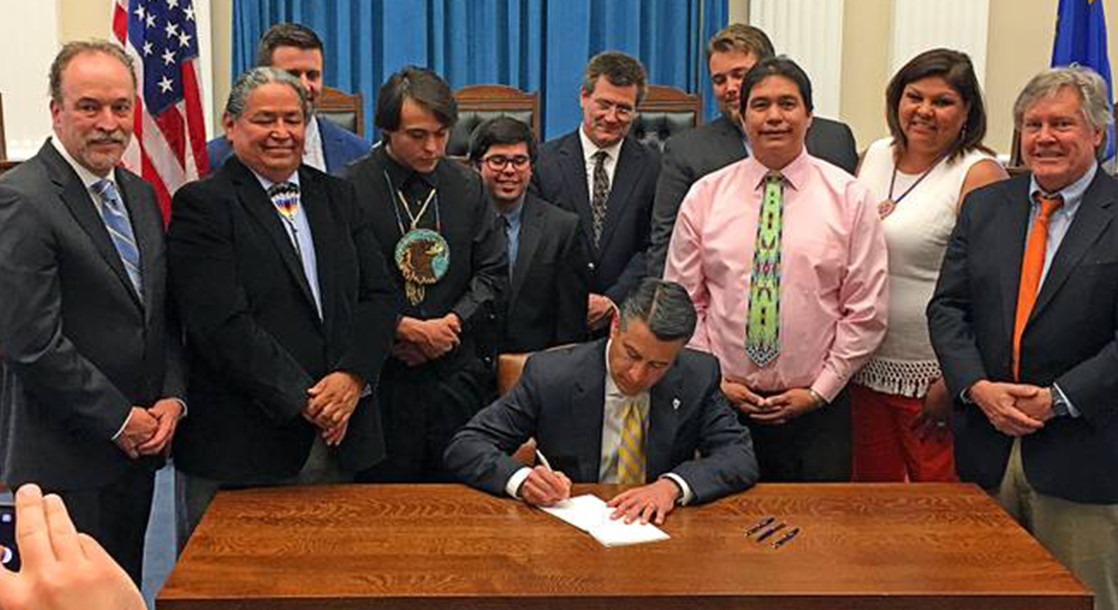Image via
It makes your stomach turn to hear Richard Wershe’s story. He was conscripted as an FBI informant at the age of 14, and shot while conducting business at 15-years-old — that’s enough to cause nausea in and of itself. Somehow in 1988, however, the Detroit cocaine dealer was dealt a life sentence for a non-violent drug offense at the age of 17.
After more than three decades of incarceration, Wershe is finally out of prison and hitting the ground running in an effort to make some paper. First, he’s rightfully suing the FBI and Detroit police for $100 million for alleged child abuse. Next, his story is so raw that it’s also being made into a TV series. And guess who’s set to play Wershe? None other than Detroit rapper, Eminem. Oh, and if you thought Wershe was going to ditch drugs forever, you thought wrong. He’s also got big plans to dive into the legal weed game.
His brand is called “The 8th,” which is a collaboration with the Michigan-based Pleasantrees Cannabis Company and will reportedly sell flower and concentrates. Wershe admits that he is not a cannabis consumer, but his interest in ending drug prohibition perhaps needs no explanation. The name “The 8th” is not only a nod to the popular cannabis weight, but it’s also a reference to the US amendment against cruel and unusual punishment.
“There’s no other country in the world that would give a juvenile life for a non-violent drug offense,” said Wershe, who set a jail time record in Michigan for a juvenile convicted of a non-violent offense, to the Detroit Metro Times. “None.”
Indeed, Wershe has a whole lot to say about the system that ate up the last 30 years of his life. This is the kind of thinking we want to see from more aspiring drug execs:
“There’s no rationale to call someone a ‘drug kingpin’ when the real drug kingpins are the pharmaceutical companies that created what’s going on in our country today [with the opioid crisis],” he said. “Since 1999, there have been 500,000 deaths and $27 billion in fines. $27 billion in fines, but not one person went to prison. But they’ll take kids from the inner city, they call us drug kingpins, and give us a life sentence. To me, pharmaceutical companies are cartels. They’re the cartels.”
Adding star power to Wershe’s quest for recompense, it was recently announced that in an inspired casting, Eminem will play him in the upcoming 50 Cent-produced and directed Starz drama series BMF. The movie will trace the rise of the Detroit mafia in the 1980’s.
But it’s not the first time Rick will be portrayed on the silver screen. In 2017, Netflix produced a documentary about his life. The following year, a movie called White Boy Rick starring Matthew McConaughey as Wershe’s dad “Richard Sr.” came out centering the father-son duo’s tandem drug business.
Wershe is far from the only former prisoner of the Drug War to launch their own brand of legal weed. San Francisco, Los Angeles, Oakland, Sacramento, and the state of Massachusetts are among the jurisdictions that explicitly prioritize legacy entrepreneurs, who are largely people of color, in their legal cannabis regulation. Some notable examples of cannabis business owners who were persecuted for their pre-legalization business acumen include Ali Jamalian of San Francisco’s Sunset Connect, Dennis Hunter of California brand The Farmer and The Felon, and the Los Angeles-based California Cannabis’ Virgil Grant.











